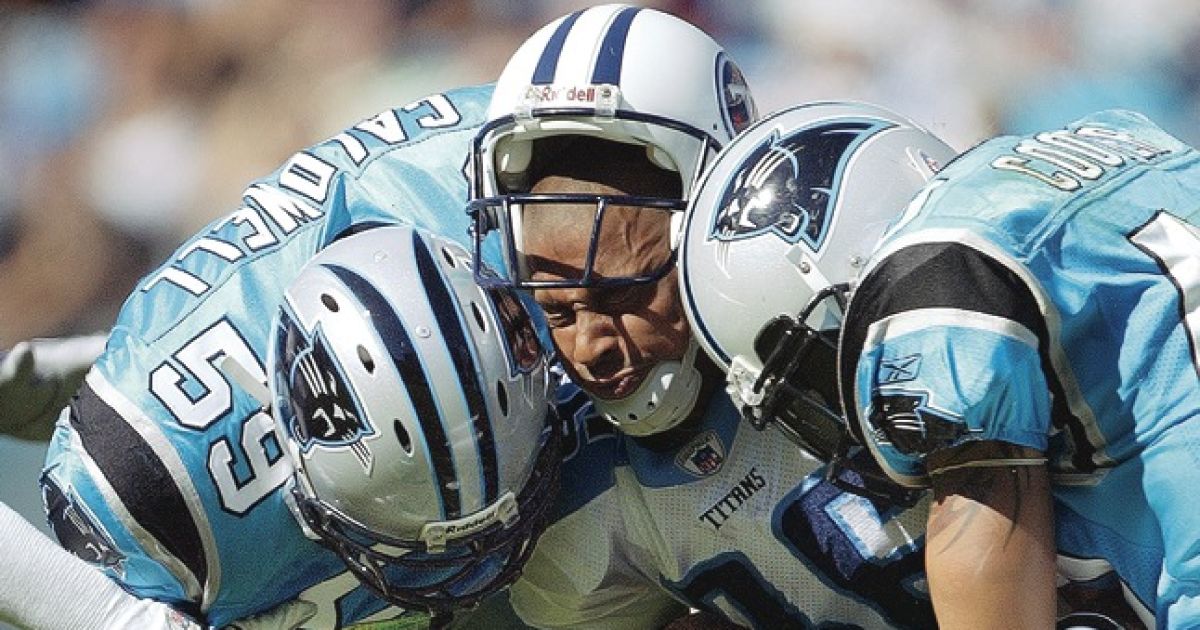What Can Cause Hyperventilation?
Hyperventilation develops when an individual breathes too quickly. The condition results in a patient exhaling more than they inhale, and this reduces the levels of carbon dioxide in the body. Symptoms of hyperventilation include dry mouth, muscle spasms, numbness or tingling in the hands, a rapid heartbeat, dizziness, weakness, shortness of breath, and chest pain. Occasionally, an episode of hyperventilation may last as long as twenty to thirty minutes. To treat hyperventilation, patients may wish to try to slow their respiration rate by breathing into a paper bag, breathing through pursed lips, and breathing through the nostrils or diaphragm. If bleeding, pain, or fever are present along with hyperventilation, patients should seek emergency medical care. In addition to anxiety, hyperventilation can develop due to the conditions outlined below.
Diabetic Ketoacidosis
Diabetic ketoacidosis is a serious complication that may develop in patients who have diabetes. The condition results from an excessive amount of ketones in the bloodstream. If left untreated, diabetic ketoacidosis may lead to a diabetic coma, which can be fatal. Therefore, all patients with diabetes should be familiar with the symptoms of ketoacidosis and seek urgent treatment if they suspect they may have the condition. Possible symptoms, aside from hyperventilation, include fatigue, excessive thirst, blurred vision, confusion, an increase in urination, and abdominal pain. Diabetes patients should monitor their blood sugar regularly and take all prescribed medications. Family members of individuals with diabetes should also be aware of the signs of diabetic ketoacidosis and take action if they observe these signs in their loved one.
Learn more about the causes of hyperventilation now.
Head Trauma

Head trauma refers to any injury to the head caused by a force outside of the body. For example, head injuries often occur after a patient's head is hit by a falling object, participating in sports, or as a result of a car accident. Symptoms of a head injury, besides hyperventilation, include trouble speaking, dizziness, confusion, sensitivity to light or sound, and dilated or unequal pupils. Patients experiencing any of these symptoms should seek emergency medical attention. Doctors will order brain scans to determine the extent of any damage and possible treatment options. Depending on the cause of the head trauma, patients may need to have emergency surgery to remove foreign objects or lower the pressure inside the brain. Some types of head trauma, including concussions, may be treated with simple observation. Patients who have experienced head trauma will likely be cared for by a specialist neurology team, and they may need both physical and occupational therapy to rebuild skills. Recovery can be a slow process that may take years, and some patients may need to spend time in a rehabilitation facility.
Continue reading for more on what can cause hyperventilation now.
